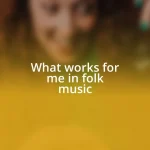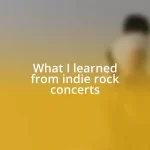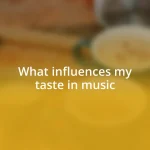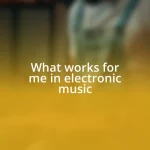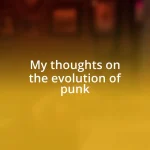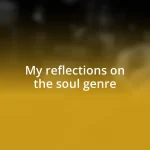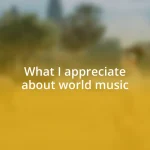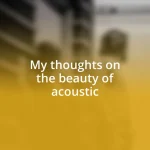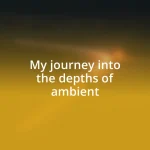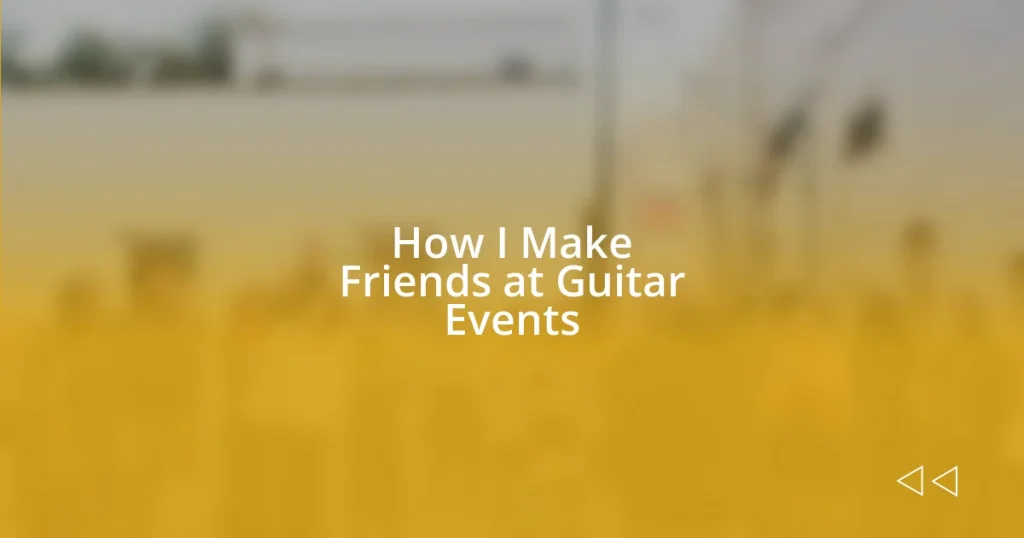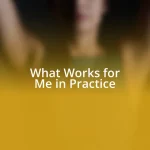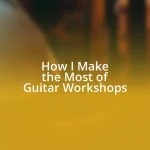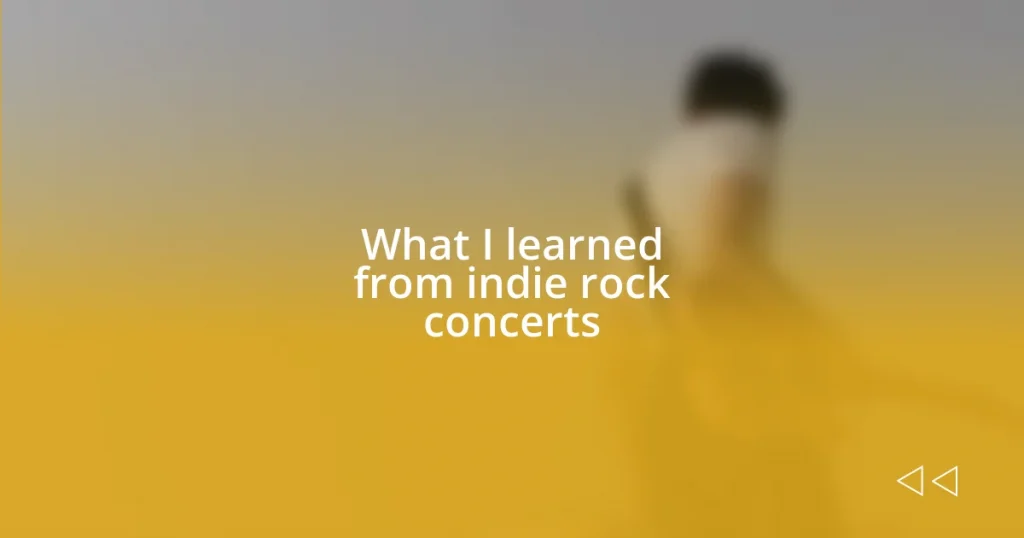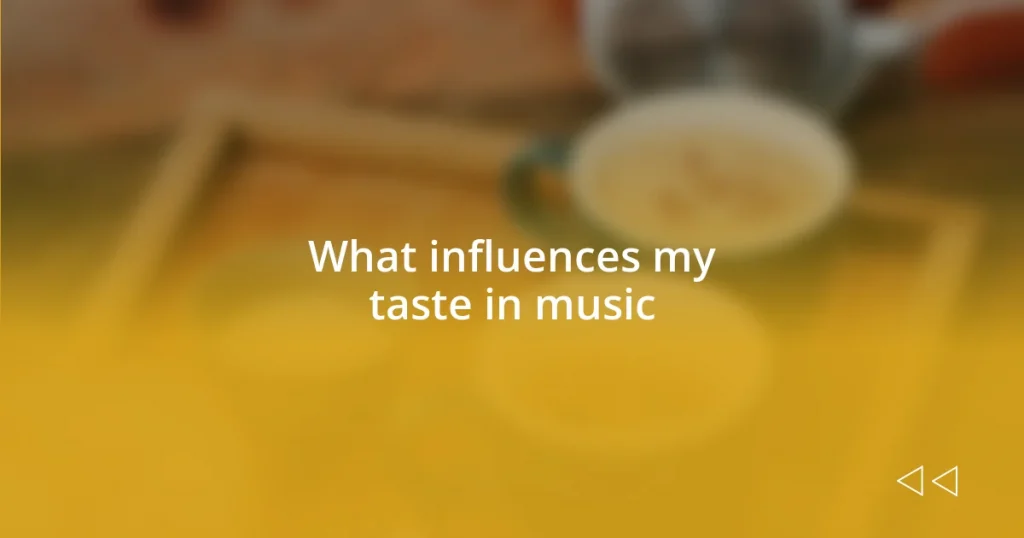Key takeaways:
- Utilize social media and local resources like community bulletin boards and Meetup.com to discover guitar events and connect with other musicians.
- Prepare for events by ensuring your guitar is ready, researching the event’s vibe, and bringing essential gear to foster positive experiences and relationships.
- Engage in conversations, participate in group activities, and follow up after events to build lasting friendships and enhance your musical journey.

How to Find Guitar Events
Finding guitar events can be as enjoyable as playing the instrument itself. I often start my search on social media platforms like Facebook and Instagram, where local musicians frequently share upcoming gigs or workshops. Have you ever noticed how a single hashtag can open up a world of possibilities?
Another great resource is community bulletin boards, either online or in local music shops. One time, I found an incredible open mic night just by browsing the board in my favorite guitar store. Imagine walking in, feeling the excitement in the air, and realizing you’re part of something vibrant and alive.
Don’t forget about Meetup.com! It’s a fantastic platform where you can connect with groups that share your musical interests. I once joined a Meetup for acoustic guitar enthusiasts, and it led to countless jam sessions and friendships. Isn’t it thrilling to think about how easily you can transform your passion into a community?

Preparing for Guitar Events
Preparing for guitar events is all about setting yourself up for an enjoyable experience. I usually begin by selecting the right guitar for the occasion, ensuring it’s well-tuned and ready to impress. One time, I arrived at a jam session with a string out of tune, and I felt like I was starting on the back foot. It taught me the importance of preparation—it can really set the tone for the entire event.
I also make it a point to look into the event’s lineup and vibe. Understanding whether it’s a laid-back open mic night or a full-blown concert really helps me adjust my expectations. For instance, I remember attending a casual gathering where I was pleasantly surprised by the diverse group of musicians. Their styles ranged from blues to classical, sparking such a rich musical dialogue that I left feeling inspired.
Lastly, packing a small bag with essentials is crucial. I never go without a spare set of strings, a tuner, and some water. During one event, I saw someone struggling with a broken string. I had a spare, and it not only saved the performance, but it also sparked a wonderful conversation between us that led to a new friendship. Preparing well can often turn a simple guitar event into a memorable experience.
| Preparation Element | Why It Matters |
|---|---|
| Instrument Check | Ensures you’re performance-ready and boosts confidence. |
| Event Research | Helps set your expectations and enhances your enjoyment. |
| Essential Gear | Prevents mishaps that could impede your experience and fosters connections. |

Engaging in Conversations
Engaging in conversations at guitar events can feel daunting, but they truly are the heart of the experience. I’ve found that simply complimenting someone’s playing or asking about their favorite gear can break the ice instantly. Once, at a lively jam session, I approached a guitarist after he played a stunning solo. Our conversation quickly blossomed, and we found ourselves discussing everything from fingerstyle techniques to our favorite albums. It felt like I had known him for years.
To help you strike up genuine conversations, consider these tips:
- Ask open-ended questions: Inquire about their musical journey, what inspired them to pick up the guitar, or their favorite styles.
- Share your own story: Relate to their experiences by sharing your own passion or a funny moment related to guitar playing.
- Listen actively: Show genuine interest in their responses, which builds a connection and encourages further dialogue.
- Bring up shared interests: Discussing a well-known artist or recent event can create common ground and make the conversation flow naturally.
- Follow up with a compliment: Acknowledging someone’s talent or unique approach often leaves a lasting impression, making them feel valued.
These simple interactions can turn a fleeting moment into a meaningful connection, which is precisely what makes attending these events worthwhile.

Joining Group Activities
Joining group activities at guitar events has always been a game changer for me. I remember attending a collaborative workshop where we split into smaller circles to share ideas. It felt a bit like speed dating for musicians, and to my surprise, the energy in the room was electric. I bonded with fellow guitarists over our favorite songs, discovering common interests that I hadn’t expected. Have you ever experienced that rush of connection during a group jam? It’s those moments that can transform a simple event into a cherished memory.
One of my favorite ways to join group activities is by participating in community jams. During one memorable night, I jumped into a circle of musicians who were experimenting with a new blues riff. Initially, I was nervous, but I found that everyone was supportive and eager to collaborate. We not only created something unique together, but we also exchanged tips and tricks that enhanced my playing. It’s a wonderful reminder that vulnerability can lead to remarkable rewards in friendship and skill development.
When you engage in group activities, you also get the chance to learn from others and share your expertise. I once led a mini-session on fingerpicking techniques in a small group, and it was exhilarating to see others light up with new ideas. It made me realize that joining group activities isn’t just about making friends; it’s about growing as a musician together. So, what’s stopping you from stepping into that circle? It might just lead to new connections and unexpected discoveries.

Following Up After Events
Following up after guitar events is a crucial step that many people overlook. I remember the thrill after exchanging numbers with a fellow guitarist, but it was the message I sent the next day that truly solidified our budding friendship. A simple note thanking them for the inspiring conversation about our favorite guitarists turned into a longer exchange about music theory and upcoming gigs, revealing a shared enthusiasm I hadn’t anticipated.
It’s often the little things that matter. After one event, I created a group chat with a few musicians I met. We started sharing links to our favorite performances and even scheduled weekly jam sessions. I never imagined that a few quick texts could evolve into a vibrant community that fosters not just friendship, but also a fantastic creative outlet. Have you ever thought about how a small follow-up could open doors to new experiences?
Don’t hesitate to bring up specific topics you discussed during the event. I found that referencing a unique riff someone played or even a joke shared can reignite that connection. When I reminded a new friend about the hilarious story he told me during a break, it sparked laughter and transformed what could have been a fleeting contact into a lasting friendship. Keeping the momentum going after an event is not just about maintaining connections; it’s about nurturing them into beautiful musical collaborations.

Leveraging Social Media
Social media is an incredibly powerful tool for connecting with fellow musicians, especially after attending guitar events. I vividly recall the day I posted a picture from a jam session on Instagram, tagging the friends I made there. Within hours, my inbox was filled with comments and messages, turning a simple image into a lively discussion about our favorite moments from the event. Have you ever noticed how a single post can reignite conversations and foster deeper bonds?
Engaging with others on social platforms allows for the sharing of resources, tips, and inspiration that can enhance your musical journey. Not long ago, I stumbled across a Facebook group dedicated to local guitarists. I joined and posted about a technique I was struggling with, and the advice I received was overwhelming—everyone was eager to help. It’s striking how a virtual community can feel just as supportive and encouraging as an in-person gathering. Isn’t it amazing how connections can flourish in both realms?
Don’t shy away from using platforms like Twitter to showcase your performances or jam sessions. I started live tweeting from an open mic night, and to my surprise, several musicians I admired reached out. This not only made me feel valued but also opened doors to collaborations I hadn’t considered. Social media isn’t just about promotion—it’s about engagement. So, how will you harness the power of social media to deepen your friendships and musical endeavors?
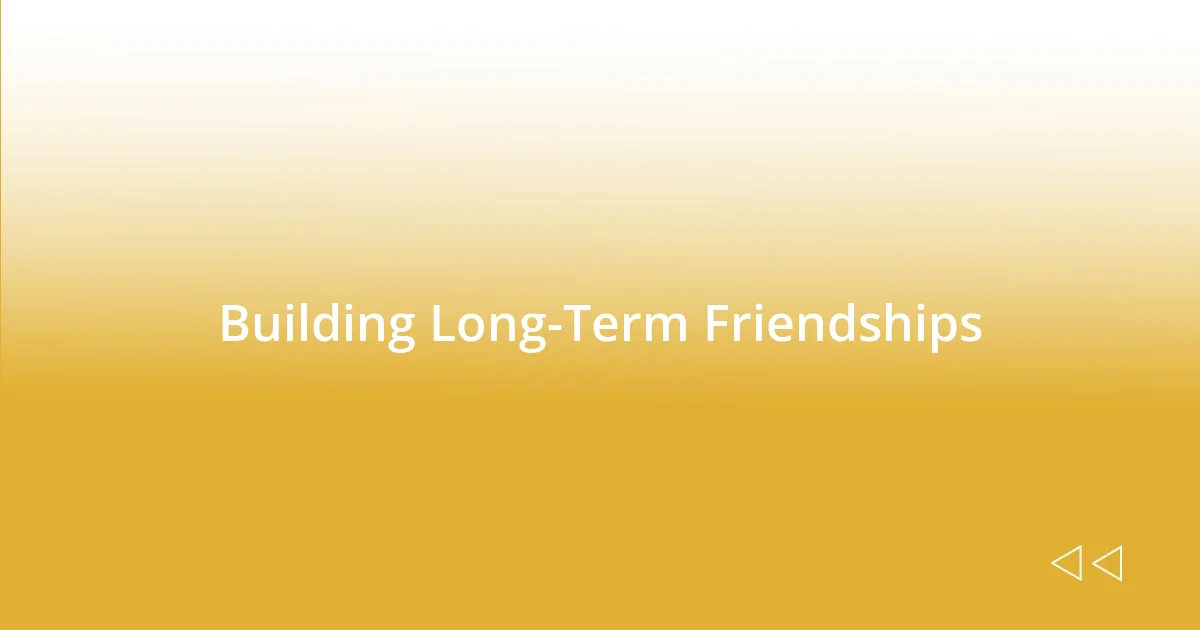
Building Long-Term Friendships
I’ve found that consistency is key when building long-term friendships at guitar events. After connecting with someone, I try to check in with them every so often, even just to share a song I think they’d love. I recall sending a message to a new friend about an acoustic cover I’d made and how it reminded me of our conversation. That simple gesture not only kept our connection alive but also laid the groundwork for more profound discussions about our creative processes. Isn’t it remarkable how little reminders of shared interests can keep the friendship thriving?
Participating in local meet-ups or jam sessions can elevate these bonds even further. I remember the first time I invited a few new friends to rehearse at my home. The laughter, experimentation with different styles, and even the occasional friendly disagreement deepened our connection significantly. Through those sessions, we not only honed our skills together but also shared personal stories that reinforced our camaraderie. How often do we overlook the power of collaborative creativity in forming lasting friendships?
Exploring new experiences together can be a game-changer, too. For instance, I encouraged a friend to join me at a guitar festival, and we ended up meeting some incredible artists and bonding over late-night performances. Those shared memories became our foundation, making each subsequent interaction richer. I’ve learned that the friendships that endure are often those built on shared experiences and moments that resonate deeply with both parties. What has been your experience with creating lasting ties through shared adventures?
